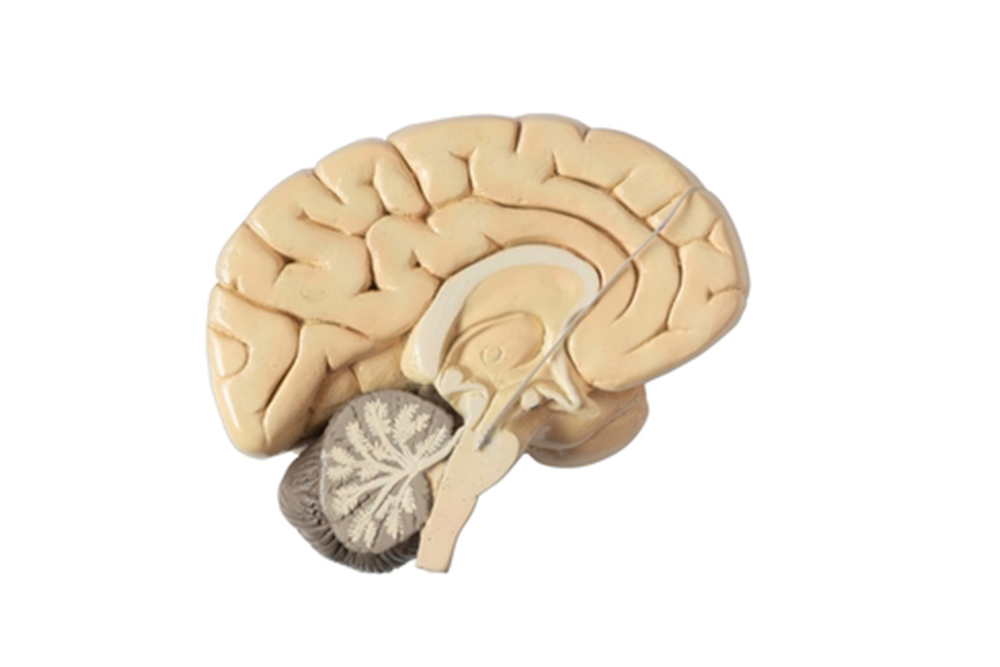Prevalence and Risk Factors of Tardive Dyskinesia in Patients With Schizophrenia on Antipsychotics

A recent study explored the prevalence and risk factors for tardive dyskinesia (TD) in patients with schizophrenia undergoing long-term antipsychotic treatment. It found that 35.9% of patients exhibited TD symptoms, with older age, Chinese ethnicity, and prolonged antipsychotic use being significant risk factors.
Clarifying the Language of Tardive Syndromes: A Call for Consistency in Diagnosis and Care

Tardive dyskinesia (TD) was first identified in the 1950s as involuntary oral and facial movements linked to prolonged chlorpromazine use.
AIMS Training Boosts TD Screening and Outcomes in Outpatient Psychiatry

Despite the known risks, consistent screening for tardive dyskinesia (TD) in outpatient psychiatric settings remains limited, largely due to time constraints, underutilization of standardized tools like the Abnormal Involuntary Movement Scale (AIMS), and gaps in provider awareness and training.
The Tardive Dyskinesia Impact Scale: A Comprehensive Measure of TD’s Impact from the Patient Perspective

Tardive dyskinesia (TD) significantly impacts patients’ physical, cognitive, and psychosocial functioning. The Abnormal Involuntary Movement Scale (AIMS) is commonly used to evaluate TD treatment efficacy in clinical trials but does not capture the patient perspective on the impacts of uncontrolled movements.
Social Media Listening Reveals Emotional and Social Challenges of Tardive Dyskinesia in Patients and Caregivers

This pilot study aimed to use social media listening (SML) to gain insights into the patient and caregiver experiences of tardive dyskinesia (TD), a movement disorder associated with prolonged use of dopamine receptor-blocking agents like antipsychotics.
Tardive Dyskinesia: Challenges in Diagnosis, Management, and Treatment

Tardive dyskinesia (TD) is a complex iatrogenic movement disorder caused by prolonged dopamine receptor antagonism, often occurring in individuals on long-term antipsychotic medications.
Managing Tardive Dyskinesia: Risk Factors, Early Detection, and Effective Treatments

Patients with conditions such as schizophrenia, bipolar disorder, and major depressive disorder are at high risk for developing tardive dyskinesia (TD). The risk is significantly higher in those treated with first-generation antipsychotics compared to second-generation antipsychotics (SGAs).
Deep Brain Stimulation and Treatment for Severe Tardive Dyskinesia

Tardive dyskinesia (TD) is typically caused by long-term use of dopamine receptor antagonists, especially neuroleptics, and can develop after months or years of medication use. The risk of developing TD is linked to the strength of a drug’s binding to dopamine receptors, with elderly patients being more susceptible.
Advances in Tardive Dyskinesia Treatment: VMAT2 Inhibitors and the Importance of Early Diagnosis

Recent advances have introduced treatment options, including VMAT2 inhibitors, for patients with tardive dyskinesia (TD), which help suppress symptoms, though they do not address the underlying causes.
Expert Panel: Routine Impact Assessments Key to Managing Tardive Dyskinesia

Tardive dyskinesia (TD) is a movement disorder characterized by abnormal involuntary movements that significantly affect physical, cognitive, and psychosocial functioning.

